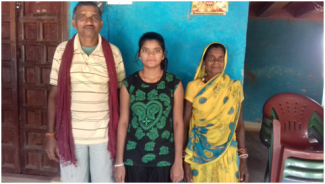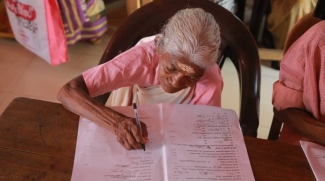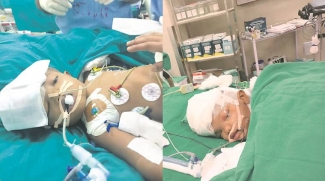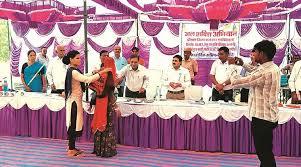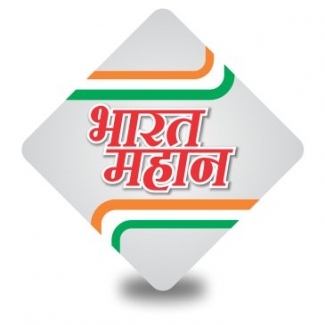
The untimely mortality of infants and women even today due to lack of awareness and medicines in India’s rural and vanvasi (forest inhabitants) areas are still a matter of grave concern. Sensing this utter lack of health awareness in these areas, Ekal movement’s health wing, the Arogya Foundation of India started, fifteen years ago, to make aware the people of those far flung areas of India which were hitherto devoid of even Government facilities. The rural and vanvasi people were sensitized about their health. The organization, first of all, taught the importance and benefits of cleanliness to the students of Ekal schools. The teachers themselves started keeping their students tidy and as a result, their parents were motivated towards cleanliness. A first aid box was also made available in every Ekal school village through the Foundation which facilitated them to treat minor diseases and wounds. The teachers and volunteers of Ekal schools started reaching every household and taught the importance of personal hygiene and remedies from diseases to the villagers.
Keeping in view the health related problems in these areas, the Foundation also started to organize free health camps. Renowned and senior doctors from the cities treat the villagers and children in these camps. The Foundation also provides free medicines to them besides the de-worming of the children.
A research carried out by the Foundation confirmed that the cause of a majority of diseases in villagers and vanvasis is due to unhealthy eating habits, way of living and insanitation. Thus the volunteers taught the importance and construction of ‘sokhta gadda’ (absorbing pit) to drain sewerage, as a result the surroundings of the villagers and vanvasis turned clean. Today all of them collectively keep their surroundings clean.
Keeping the vananchal (forest) and rural resources in mind, the Aarogya Foundation of India has also started popularizing the local indigenous treatment among the masses. Poshan vatikas (Nutritive Nursery) can be constructed in the vicinity of the houses or in fields where vegetables along with medicinal herbs can be grown. Such efforts by the organization have transformed the eating habits of families and the farming of turmeric and medicinal herbs also increased their income.
Anaemia used to be the most common problem among the villagers but the Arogya foundation through its free diagnostic camps advised the women, girls and infants about proper diet and free medicines. “Gur-chana khao anaemia door bhagao” (Jugglery-gram a day, keeps the anaemia away). Researches have proved that adopting these measures have improved the health and haemoglobin level of every patient.
The efforts of the Arogya Foundation are also being lauded in foreign countries and a young group from America came to India to see and praise the works of the Arogya Foundation.
The foundation trains its volunteers time to time and these volunteers in turn visit the rural houses to aware them about cleanliness and Arogya. Awareness campaigns to make the people conscious are also organized by the volunteers.
Today, the efforts of the Arogya Foundation have transformed the lives of millions of villagers. Adopting self hygiene has benefited them drastically. The positive results of the Arogya Foundation confirms that the dream of realizing a ‘Clean India, Healthy India, Capable India” is not far.






